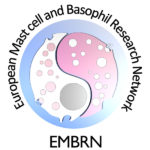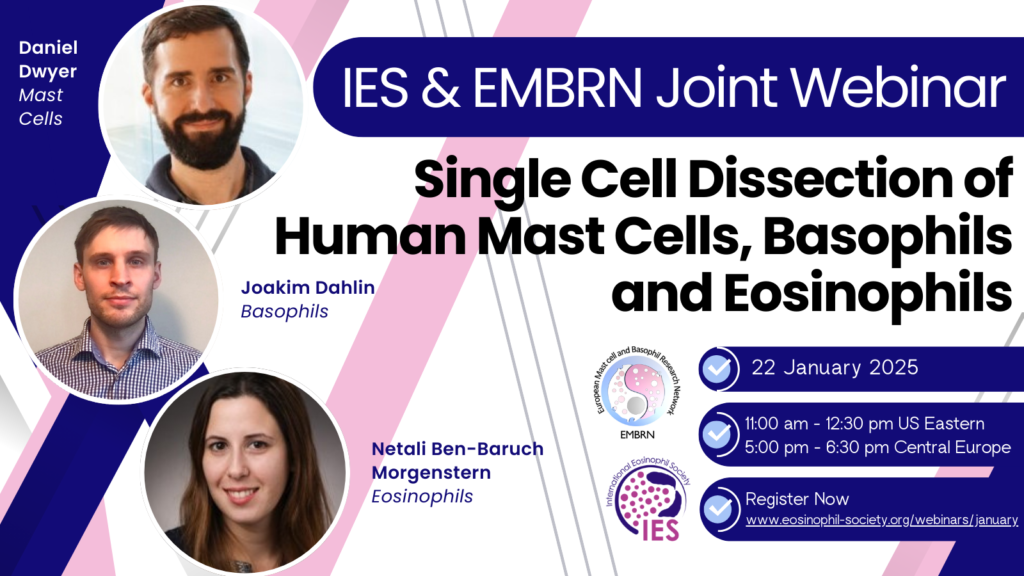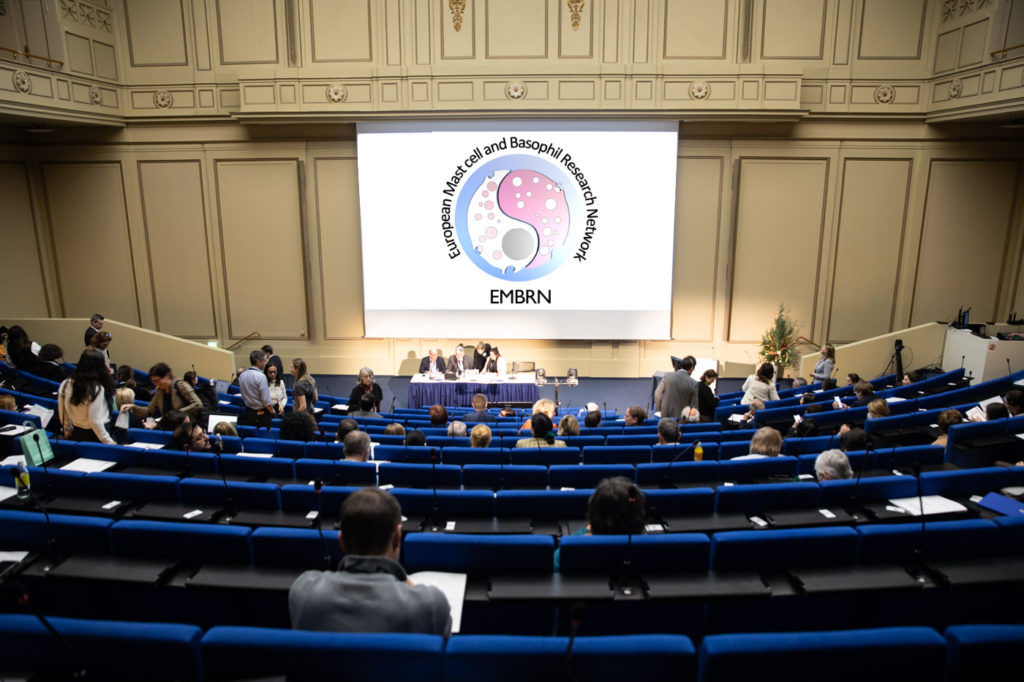Summary
Chronic urticaria (CU) is a mast cell (MC)-dependent disease with limited therapeutic options. Current management strategies are directed at inhibiting IgE-mediated activation of MCs and antagonizing effects of released mediators. Due to the complexity and heterogeneity of CU and other MC diseases and mechanisms of MC activation—including multiple activating receptors and ligands, diverse signaling pathways, and a menagerie of mediators—strategies of MC depletion or MC silencing (i.e., inhibition of MC activation via binding of inhibitory receptors) have been developed to overcome limitations of singularly targeted agents. MC silencers, such as agonist monoclonal antibodies that engage inhibitory receptors (e.g., sialic acid-binding immunoglobulin-like lectin8 -[Siglec-8] [lirentelimab/AK002], Siglec-6 [AK006], and CD200R [LY3454738]), have reached preclinical and clinical stages of development. In this review, we (1) describe the role of MCs in the pathogenesis of CU, highlighting similarities with other MC diseases in disease mechanisms and response to treatment; (2) explore current therapeutic strategies, categorized by nonspecific immunosuppression, targeted inhibition of MC activation or mediators, and targeted modulation of MC activity; and (3) introduce the concept of MC silencing as an emerging strategy that could selectively block activation of MCs without eliciting or exacerbating on-or off-target, immunosuppressive adverse effects.
Citation
Metz, M., Kolkhir, P., Altrichter, S., Siebenhaar, F., Levi-Schaffer, F., Youngblood, B. A., Church, M. K., and Maurer, M.: Mast cell silencing: a novel therapeutic approach for urticarial and other mast cell-mediated diseases. Allergy 2023



